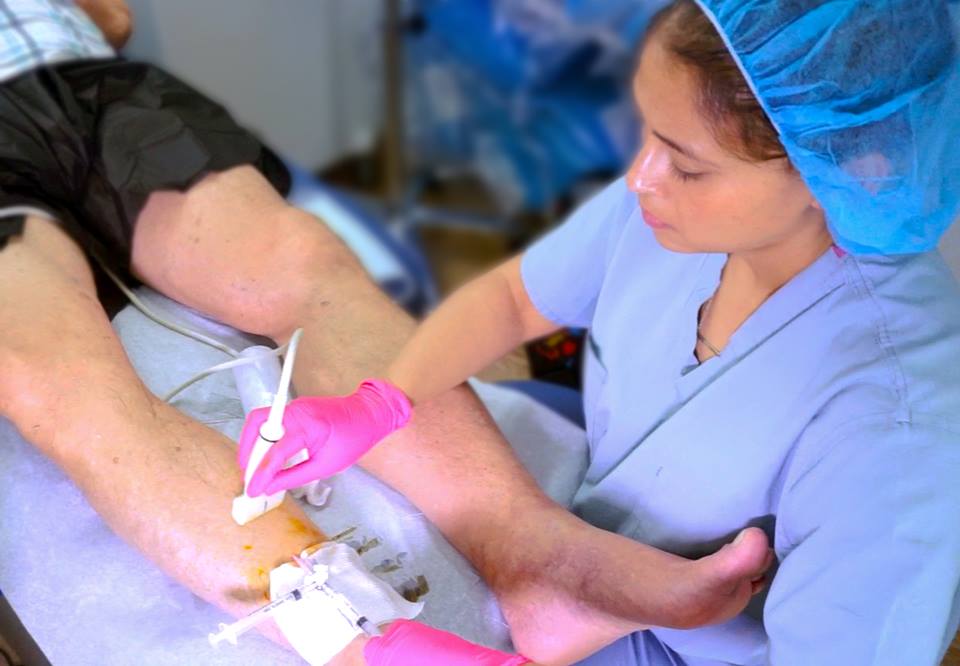Treatments offered by the Pain Units
What do Shoulder Specialist doctors do in the treatment of pain? What solutions do Pain Units and Clinics offer? These are some of the questions that you most frequently ask us when you are going to search best Doctor To See For Arthritis In Neck.
Well, it depends ... Not all pain units can offer you the same treatments because the resources we have are very different even in hospitals in the same city ... And not all Knee Arthritis Doctor have the same training, knowledge or experience with each one of the treatments you'll find in this post .

Normally, pain units are called "pain clinics". They usually work different health professionals dedicated specifically to the treatment of pain. At the forefront of these multidisciplinary work teams is usually an anaesthesiologist and other specialists may be involved: traumatologists, rehabilitators, physiotherapists, rheumatologists, oncologists, psychologists, psychiatrists or primary care physicians.
There is certain confusion with the name "pain clinic". They can use other private businesses without counting, as happens with the Units of pain, with medical specialists. They may not even be authorized health facilities and use the words "pain clinic" in their trade name.
Probably start by proposing pharmacological treatments: a combination of medicines either orally - pills, syrups ... - that you will have to take regularly - or, if they consider it more appropriate, they will propose transferral administration drugs (patches).
Your Arthritis Pain Doctor can also suggest the performance of some surgical technique against pain. They are usually simple and ambulatory interventions; you will not have to sleep or enter the hospital. If you want to know more about Best Pain Management Doctor you can go to the website of doctor and can get the data from there.
Most common techniques in the treatment of pain
- Peripheral nerve blocks
- Locking by pulsed or conventional radiofrequency of the nerve roots
- Blocking by implantation of a spinal neurostimulator
- Epidural or intramural blocks
- Regional friendly blockades
- Muscle locks
- Epidural or peripheral infiltrations ( epidurolysis and epiduroscopies)
- Infiltrations of facets or facet.
- Infiltrations of "trigger" / trigger points
- Infiltrations with botulinum toxin
- Infiltrations with ozone (ozone therapy)
- Regional anesthesia techniques
- Iontophoresis medication
- Implantation of drug infusion pumps
- Epidural catheters
- Intravenous infusion pumps
- Transcutaneous electrical nerve stimulation (TENS)
From the Pain Units (multidisciplinary), the work of other medical specialties is coordinated, seeking to address your pain more effectively. Other specialists in rehabilitation, physiotherapists, psychiatrists and / or psychologists, neurosurgeons, neurologists, traumatologists, endocrinologists, nutritionists, etc., may intervene in your treatment. But the main role is played by Doctor for Muscle and Joint Pain.
Along with pharmacological treatments and techniques, it is likely that from your Pain Unit you recommend that you follow a healthier lifestyle by giving you guidelines to increase your daily physical activity, indications to improve your postural hygiene, recommendations to lose weight (healthy eating), relaxation techniques and stress reduction.
Comments
Post a Comment